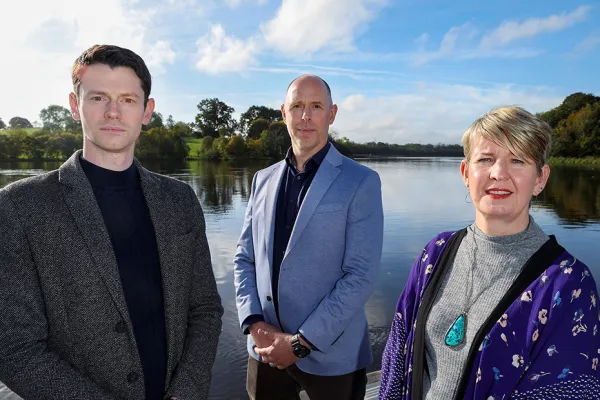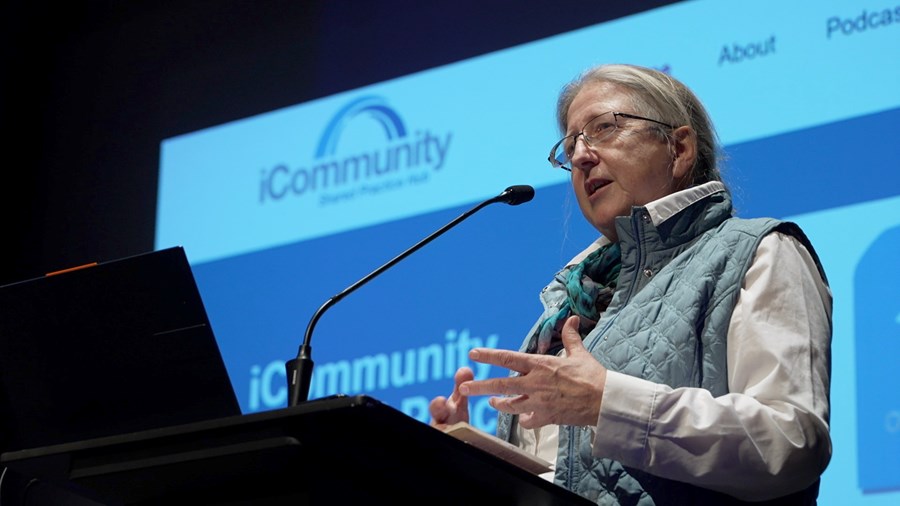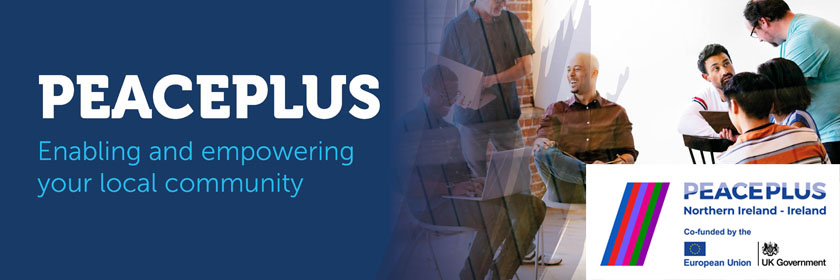Rural Engagement Arts Programme Now Accepting Applications

The purpose of the Rural Engagement Arts Programme (REAP) is to provide an integrated, cohesive approach to the needs of local rural communities while recognising some specific issues they face.
The primary theme of REAP is combatting isolation and loneliness and promoting social inclusion. The recent pandemic adversely affected many lives as families and friends were separated for sustained periods of time, resulting in a negative impact on mental health and well-being. This was felt deeply in rural communities, characterised by smaller and more dispersed populations, where isolation can be more acute than in towns and urban areas.
There are a number of ways to differentiate between loneliness and social isolation:
- Loneliness can affect any age group; it is the subjective, unpleasant and distressing phenomenon stemming from a difference between an individual’s desired and achieved level of social relationships.
- Social isolation is a forced isolation from normal social networks caused by loss of mobility or deteriorating health.
The impact that loneliness and social isolation can have on the physical, mental and social health of isolated older people is well documented. The Campaign to End Loneliness (opens in a new tab) points to research which shows that lacking social connections is as damaging to health as smoking. Lonely individuals are more likely to visit their GP, use more medication and have a higher incidence of falls. They are also more likely to enter residential or nursing care earlier.
Participating in the arts, and coming together as communities, can make a vital contribution to improving health and wellbeing, building confidence and integrating communities. The Arts Council has worked with local authority community development and arts officers to ensure that information on REAP is available and that this public funding is as widely distributed as possible.
Groups can apply for one-off projects or for a programme of events. Projects do not have to be new – existing, successful programmes which meet the strategic themes of REAP, are also eligible for support.
While engagement must be targeted at rural communities as defined here, Local Authorities and other groups based in urban areas may apply to fund programmes delivered in rural communities.
Who can apply?
We welcome applications from the widest possible range of organisations. You will be required to provide proof that you have a legal constitution.
- Registered charities and other organisations which cannot distribute profits
- Groups of organisations working together to deliver specific projects
- Formally constituted parent-teacher associations
- Local Authorities
- Arts Organisations
- Organisations based in Republic of Ireland or based outside the UK and Northern Ireland, may be eligible to apply however, any proposed project must benefit people living in rural communities within Northern Ireland.
- Organisations currently in receipt of Arts Council grant funding (Annual Funding or National Lottery Project Funding) can apply providing they demonstrate that project costs are additional to any programme and administrative costs already funded under other grants.
- In exceptional circumstances, organisations based in Belfast who are partnering with other organisations to deliver REAP projects in rural areas may be eligible to apply.
Applications from single organisations are permissible but should demonstrate partnership working. Consortium applications demonstrating partnership working will be prioritised. Partnerships might include sector providers such as rural development organisations, older people’s providers and agencies, arts organisations or Local Authorities. See the Arts Council’s REAP Frequently Asked Questions (FAQs) for examples of good partnership working.
How much can you apply for?
You can apply for an award between £500 and £10,000 for a project.
What you can apply for
You can apply for the following eligible costs, which are indicative and not limited to:
- Costs of artists and tutors (including fees , accommodation, travel and subsistence) However please note that subsistence costs are capped at £20 per day. Also, if you are applying for artists and/or tutor costs, you must supply the relevant CVs, biography, or history of artistic practice information
- Transport costs, including vehicle hire (for example this could be to transport participants to courses/activities)
- Existing programmes which meet the criteria of the scheme are eligible – but only for activity which will not begin prior to issue of funding decision letters
- Materials
- Travel expenses within Northern Ireland – please note the Arts Council has a maximum allowance of 25.7p per mile. If applicants are partnering with organisations in border communities and the project would necessitate travel across the border, this additional travel is eligible within reason
- Equipment hire
- Volunteer expenses
- Venue hire for workshops, training, rehearsals and performance
- Publicity and marketing costs
- Evaluation costs
- Participation, education and outreach work in film and media
- Equipment costs to a maximum value of 50% of your requested amount
- Equipment items will only be considered if identified as essential within your project and where it is vital for its successful delivery. Arts Council will not fund equipment only projects. Contributions towards laptops or PCs will be up to a maximum of £1,200; and, towards tablets, up to £500.
Deadline for applications: Mon, 3 July @ 12 noon.


